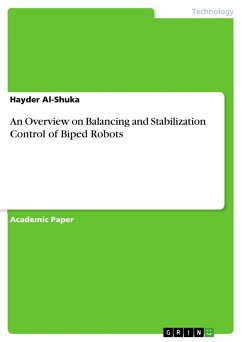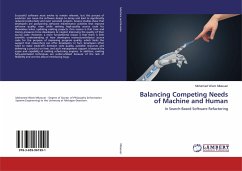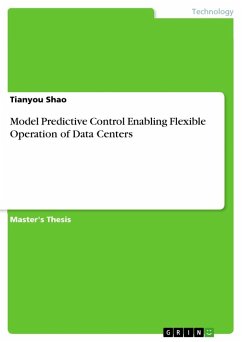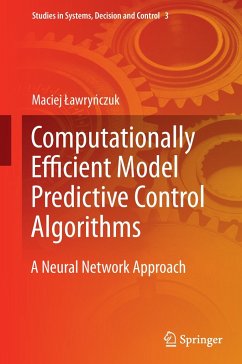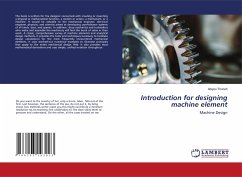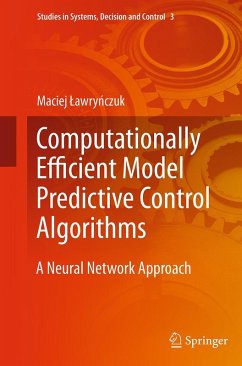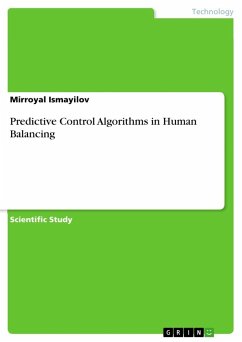
Predictive Control Algorithms in Human Balancing

PAYBACK Punkte
0 °P sammeln!
Scientific Study from the year 2018 in the subject Engineering - Robotics, grade: n/a, Budapest University of Technology and Economics, language: English, abstract: Human balancing is an important issue in many fields of everyday life, such as walking, running, cycling, carrying objects and even standing. The understanding of the balancing process is very important, especially from the point of view of elderly people. However, there are a lot of open questions about the working principle of the neural system.We focus on the mathematical modelling of the neural process, which flows in the human...
Scientific Study from the year 2018 in the subject Engineering - Robotics, grade: n/a, Budapest University of Technology and Economics, language: English, abstract: Human balancing is an important issue in many fields of everyday life, such as walking, running, cycling, carrying objects and even standing. The understanding of the balancing process is very important, especially from the point of view of elderly people. However, there are a lot of open questions about the working principle of the neural system.We focus on the mathematical modelling of the neural process, which flows in the human neurotic system during standing still. There are several approaches in the literature. One approach is to apply a linear compensator (such as PD, PID, PIDA) in the model. Besides, model based predictive controllers are also feasible, when the human acts using a pre-learned control input pattern in the certain situations.In our study, we compare the operation of the two control approaches, by comparing stabilometry measures, such as typical vibration frequencies, average velocity of the center of mass of the body and maximum/average tilt angle.




